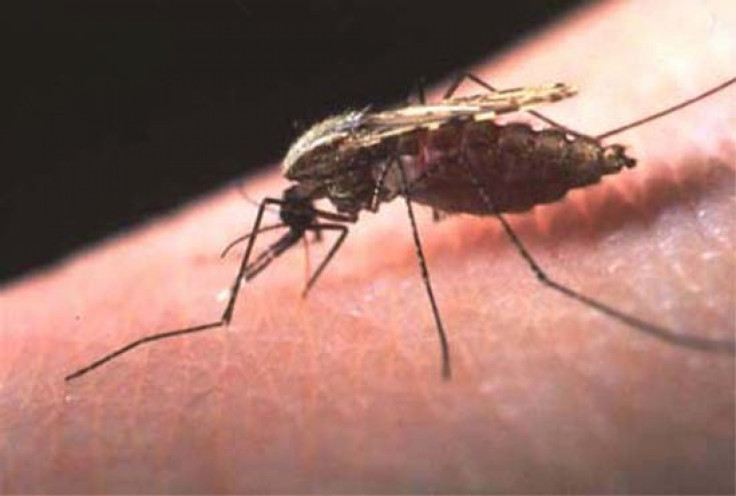Stinky Socks Could Be Newest Weapon Against Malaria

The latest development in the global battle against malaria doesn't come from a high-tech laboratory; it comes from a human foot.
Scientists conducting an experiment in a mosquito-stricken Tanzanian village are hoping that smelly socks, while repellent to humans, but they are irresistible to mosquitoes.Mosquitoes were attracted to socks at up to four times the rate they were attracted to humans.
Researchers hope the bugs will be lured into traps stocked with sodden footwear, where they would perish soon after from poisons contained within. If it works, the method could be an inexpensive boon as researchers seek to alleviate suffering from a disease that claims about 800,000 lives a year.
Despite global progress in the fight against malaria, there is still work to be done, head researcher Fredros Okumu of Tanzania's Ifakara Health Institute said in a statement. Malaria has claimed so many lives, including those of people close to me, and my hope is that this innovative device will be part of the solution.
Previous experiments, conducted in the laboratory, suggested that socks could be as effective as more costly synthetic chemicals. The village experiment will seek to reproduce those findings with the help of locals, from socks worn by adults to pads placed inside childrens' shoes.
In the best case scenario, the traps armed with dirty socks could supplant chemically treated bed nets, currently the best defense against malaria. Okumu's team recently won a grant from Grand Challenges Canada and the Bill & Melinda Gates Foundation to pursue their hypothesis.
© Copyright IBTimes 2024. All rights reserved.











